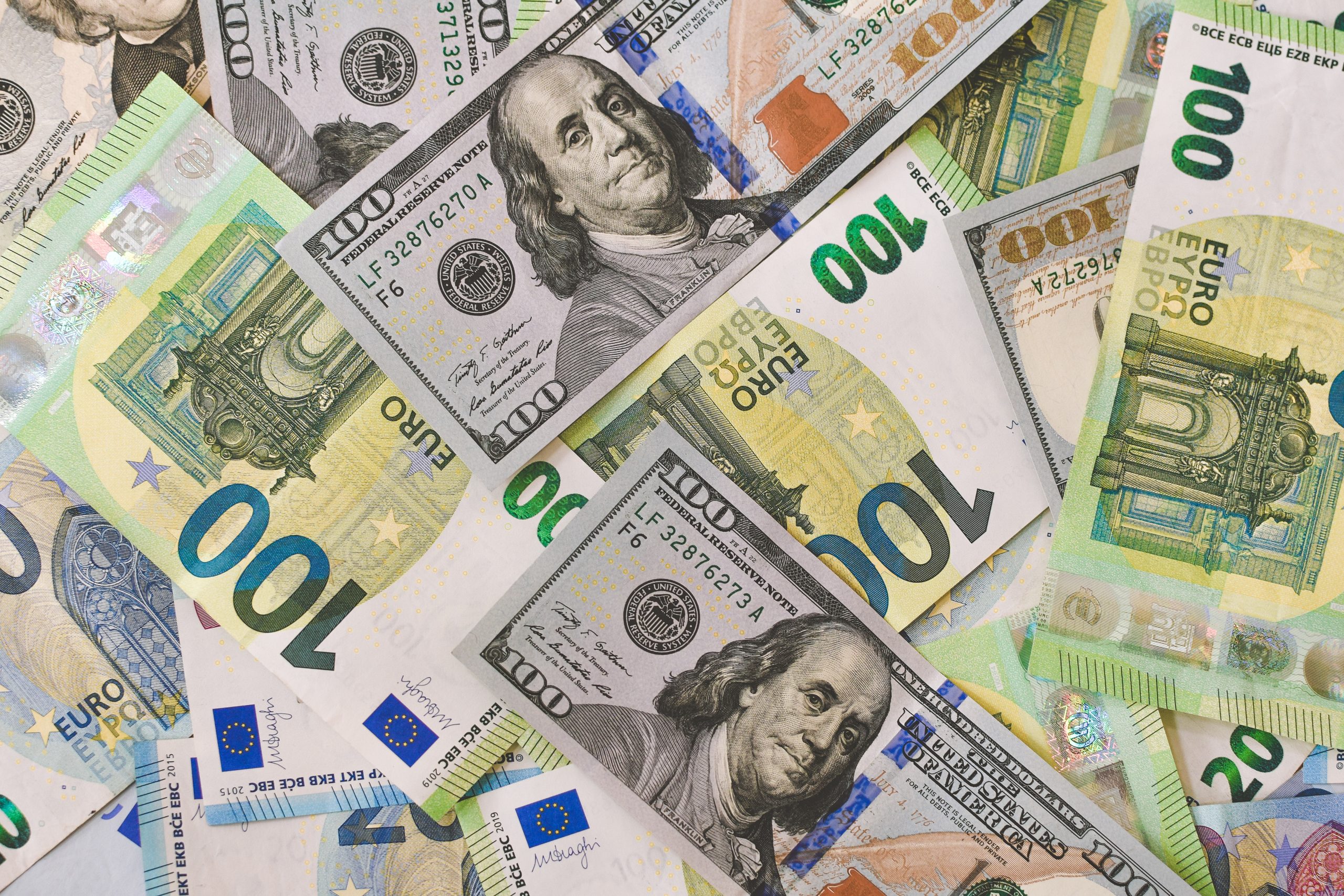Move over, Apple, Starbucks & Fiat: it appears you have some company.
Last month, the European Commission announced that it would be formally investigating the tax structures and practices of three specific corporations in very targeted destinations: Apple (Ireland), Fiat Finance and Trade (Luxembourg), and Starbucks (Netherlands). At the time, I noted that it was likely that more investigations might follow. Indeed, in a move that surprises practically no one, officials are now poking around in Amazon’s tax affairs.
The inquiry into Amazon has not yet been characterized as a full-fledged investigation. However, the Financial Times reports that an EU official has admitted that the Commission is “looking into what kind of arrangement Luxembourg has with Amazon.” The arrangement has allowed Amazon to lower the rate of tax it pays.
Joaquín Almunia, Vice President of the European Commission, has also indicated that Google could be included in future investigations. Microsoft and McDonald’s are also reportedly under fire.
These names aren’t necessarily news – most of these well-known companies have faced questions about their tax arrangements for some time now. What is more surprising is not only the speed – but the scope – of the investigations.
With respect to the scope, most of the inquiries into specific tax practices to date have come from individual countries, like France and the UK, rather than from the EU.
Consider France. Earlier this year, McDonald’s denied allegations that it used a series of tax maneuvers to avoid paying its fair share of taxes in France. The fast-food giant was accused of shifting over €2.2 billion ($3.01 billion US) in income to companies set up in Switzerland and Luxembourg for the purpose of tax avoidance, a charge the company claims is not true. France made similar accusations against Apple in 2013; the French had previously lodged accusations against Amazon, Google, and Microsoft. The charges from the French government appear to be part of an overall push to crush tax evasion in the country which has a relatively high corporate tax rate (33.33%) compared to its EU neighbors.
In the UK, Starbucks took a public relations hit when it revealed that since 1998, the company only paid a total of £8.6m ($11.5 million US) in corporate income taxes. The company eventually admitted to shifting royalty and other intellectual property income to the tax-favored Netherlands. The company eventually appealed to customers in Britain and Ireland by promising that it would pay more in tax than it “has” to in the future.
Similarly, Apple admitted to lowering its tax rate by channeling funds (65% of its global income) to an Irish subsidiary: the corporate tax rate in Ireland is about half that of Britain. Ireland is just the first stop in Apple’s tax planning: funds are later routed to the Netherlands and the Caribbean. The company admitted in 2012 that it paid less than 2% on profits outside of the U.S.
Google also raised eyebrows when it admitted that it paid tax of less than 1/10% in the UK: the company is said to have generated $18 billion in revenue from the U.K. over a five year period beginning 2006 and paid only $16 million in corporate taxes. The internet giant was raided in France in 2011 for “presumption of fraud” and admitted in 2014 that it was hit with a tax assessment, though it won’t say how much: the French media has reported that the number is between €500 million and €1 billion ($693 million – $1.3 billion U.S.).
While those tax practices were scrutinized and audited by individual countries, the decision to scrutinize the transactions on a multi-national level is a first for the European Union. The investigations, which could continue to expand, represent a new position by the EU in terms of attacking tax avoidance. They also appear to be finger-pointing at a handful of countries, including the Netherlands, Ireland, and Luxembourg, to see whether any of the tax breaks offered to those companies are improper.
The speed of the investigation is also interesting: Jean-Claude Juncker, who is expected to take the helm as President of the European Commission, has been credited with making Luxembourg into a tax haven – exactly the very transactions now being scrutinized. His nomination has been opposed by the UK’s David Cameron but supported by Germany’s Angela Merkel; Germany, usually a proponent of transparency, has remained relatively quiet as the investigations move forward.
You can bet that the rest of Europe (and indeed, the U.S.) is watching closely.



